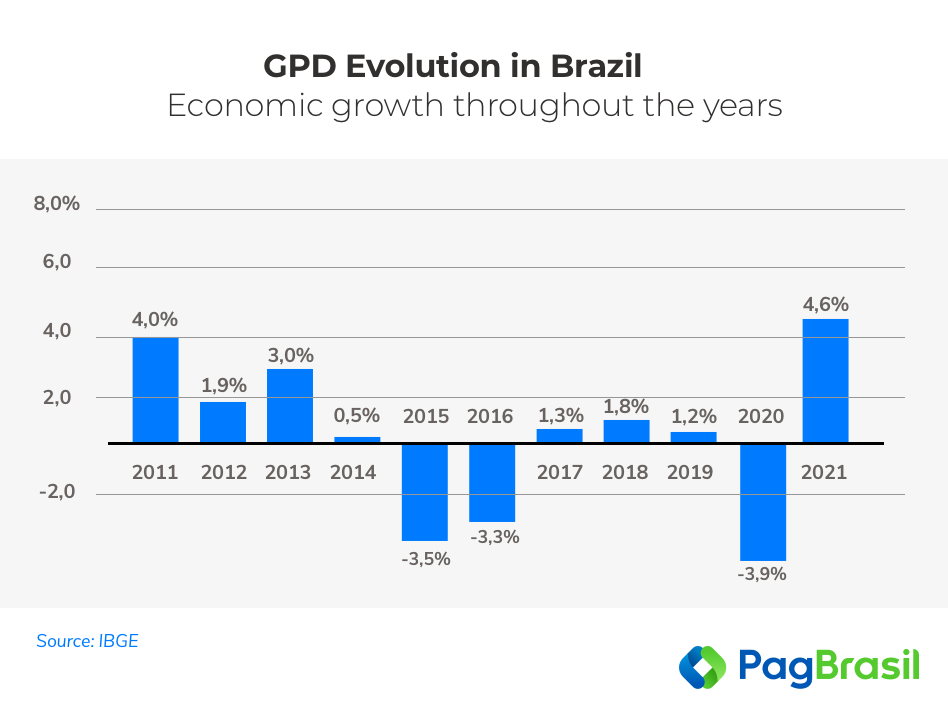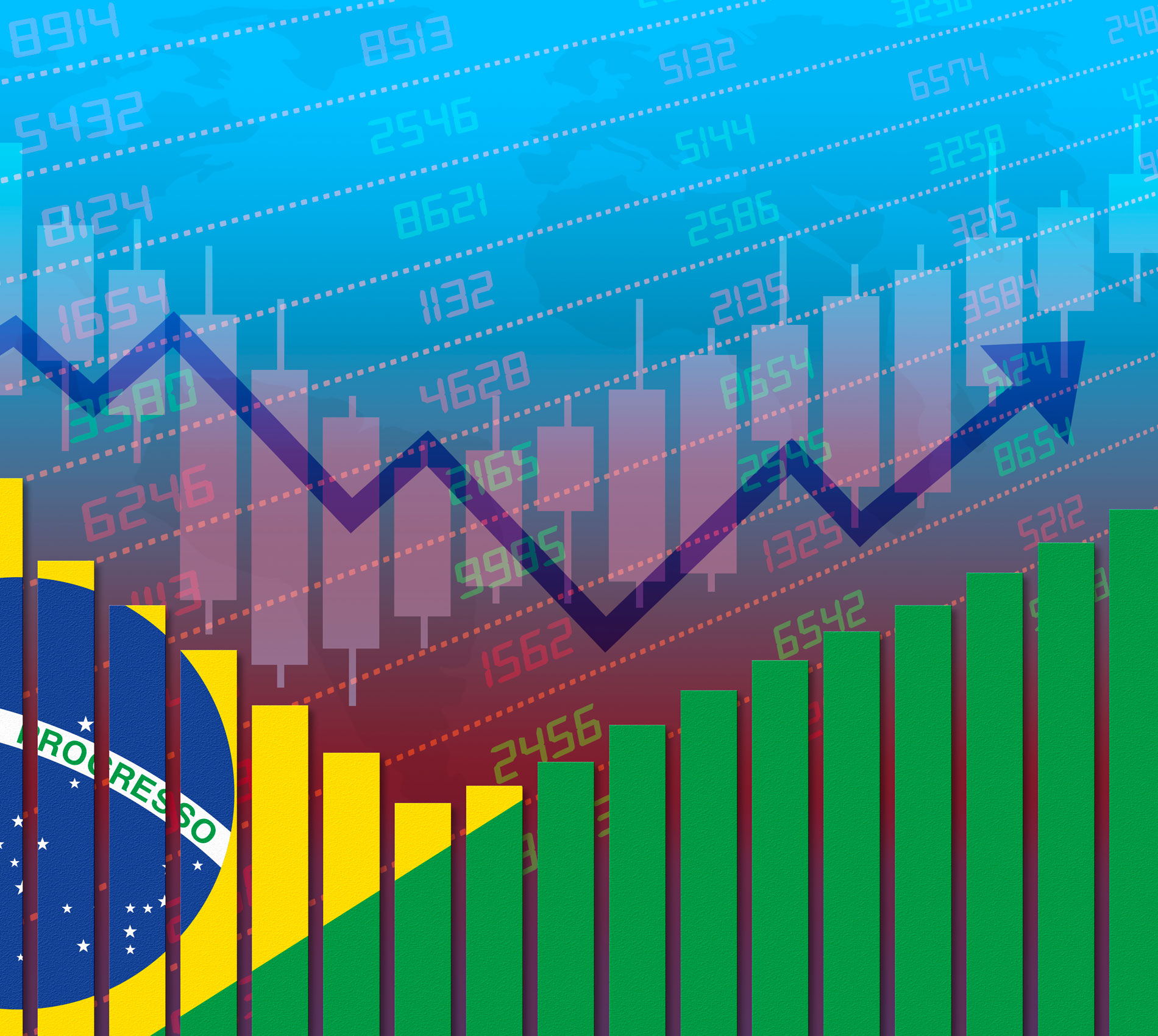2022 is halfway through and there’s still a lot to come. Some important events might impact the market and the economy, not only in Brazil but also worldwide.
With the presidential election in October, the World Cup in Qatar in November, dollar fluctuations, and inflation, the Brazilian Real has been considered one of the most devalued currencies in the world. And that’s a good thing.
The economic scenario
Despite the feelings of uncertainty, there are some counter-movements occurring in the financial market. Mauricio Claver-Carone, the president of the Banco Interamericano de Desenvolvimento (BID), has declared that some mergers are happening, and, with the decline of China, Brazil is rising.
Read more: The Post-pandemic SaaS Landscape in Brazil
Claver-Carone says that investments are leaving China and entering Brazil. In addition, since inflation is a global phenomenon, investors are evaluating their investments. As stated by the Minister of Economy in Brazil, the country is seen as an example of fighting inflation because it is going against the Chinese current of closing the market for international investments, making Brazil stand out for foreign businesses:
“Brazil’s growth is guaranteed for the coming years. We created 12 million jobs in 1 year and a half. Brazil is the biggest frontier for open investments today. The reform of regulatory frameworks has brought an avalanche of investments.”
Presidential elections
Some specialists say that the presidential election that will happen in October won’t affect the economy greatly, as both top candidates have already occupied the chief executive position.
Read more: Brazil in 2022 – An Overview of the Market
On the flip side, some say that, despite the low impact on the market, a component of volatility in asset prices will be present until voting day.
“The market is more concerned with the candidates’ campaign speeches than with who will win,” says Carlos Carvalho, Director at Kinitro Capital.
It’s been pointed out that the next president will, however, face a tough period, as the global economy will likely suffer a recession in 2023. In Brazil, some of the main points of attention are a major tax legislation reform that includes new inflation rates, tax exemption for some products, and government expenditure control.
The post-pandemic economic scenario

In 2021, Brazil’s GDP began to grow again, and it closed 2021 at 4.6%. However, the global economy seems to be reaping the seeds of the ripple effect of the pandemic. In 2022, the country is set to grow by less than 1%. But, as already mentioned, this is a worldwide phenomenon.
Read more: 4 B2B Payment Trends in Brazil in 2022: More Interaction, Less Friction
The slowdown is global and it raises the risks of stagflation – global growth is expected to slump from 5.7% in 2021 to 2.9% in 2022.
In Brazil, some industries are finding ways to thrive. The service sector is still recovering, while retail and e-commerce are on the rise. In the first trimester of 2022, e-commerce grew by 22%.
World Cup
Beyond the controversy of the World Cup taking place in Qatar, the championship is happening in November, right after the presidential elections in Brazil. Qatar’s 2022 World Cup is the most expensive in history – spending on infrastructure is estimated at $220 billion and the Middle Eastern country is expecting a $20 billion economic boost from hosting the world’s most prestigious football tournament.
In Brazil, regardless of the economic forecast scenario, Brazilians will find a way to appreciate their passion for soccer.
Read more: The Future of the Payment Industry in Brazil is Digital
When it’s a year of a World Cup, the demand in specific markets increases – many products related to the championship, such as TVs, smartphones, games, and sportswear, rise dramatically in demand during this time.
Other sectors, such as bars and restaurants (where people mostly go to watch the matches) as well as tourism (travel agencies selling tour packages to Qatar) will likely increase during this period.




Comment
Bom muito legal mesmo